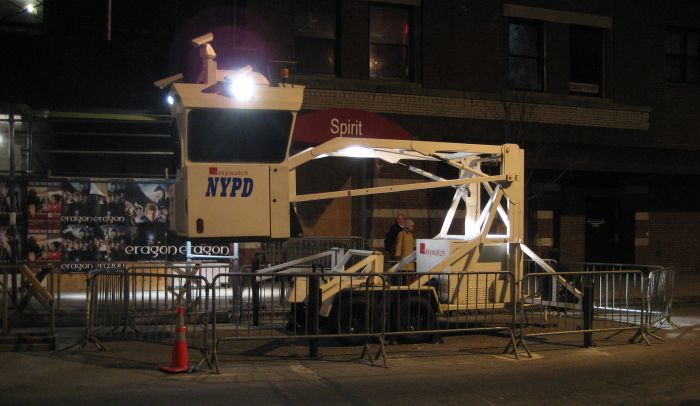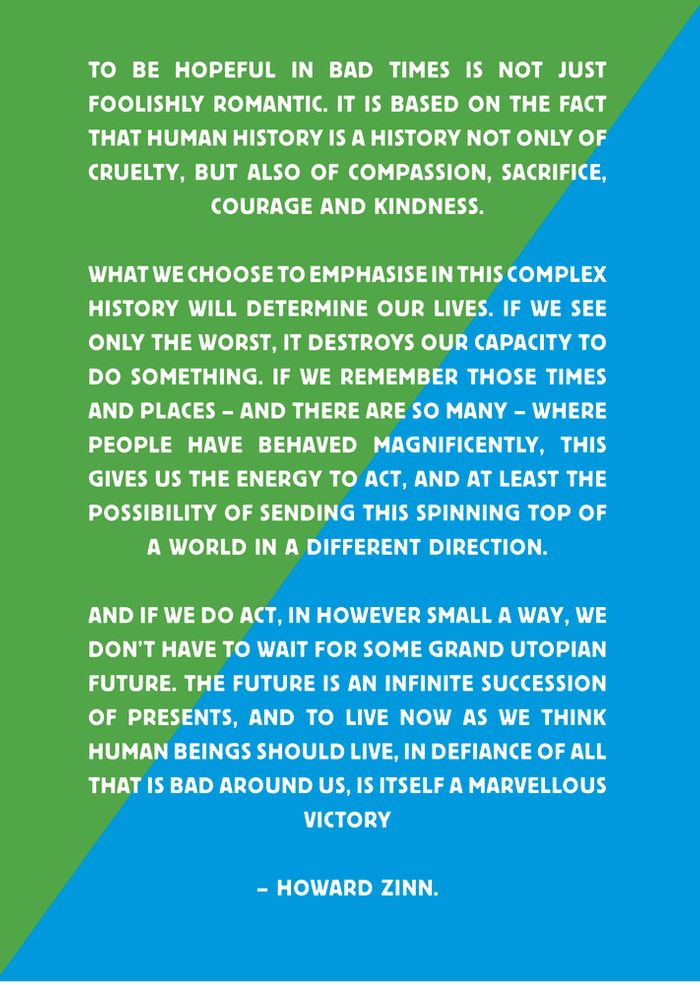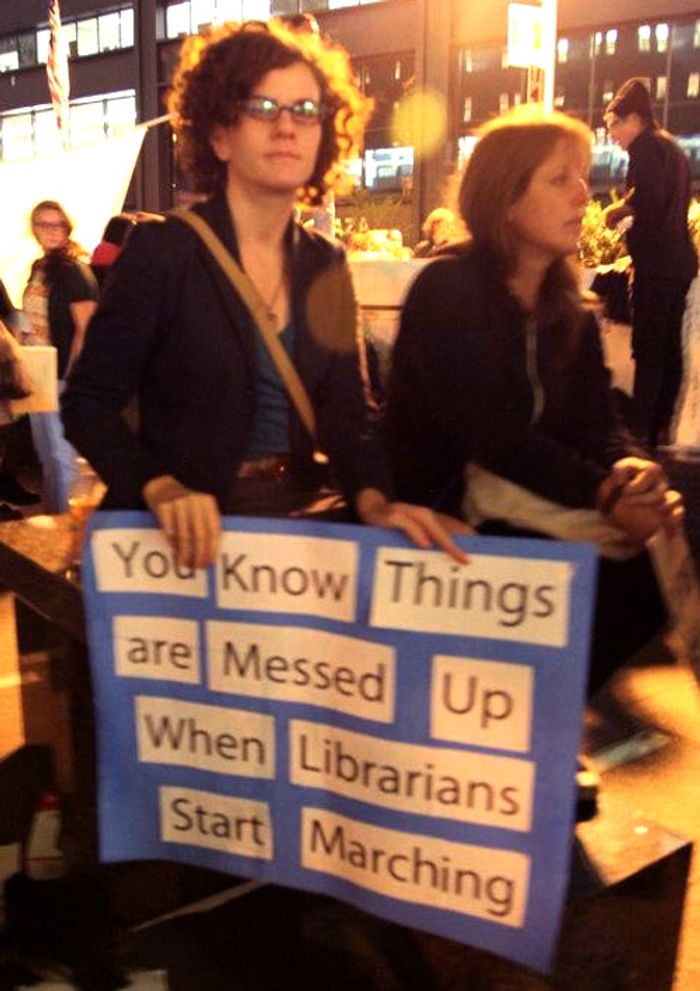I helped build a website with the Other EPA encouraging you to submit a Public Comment on the EPA’s draft 2018-2022 Strategic Plan, which presently has no mention of Climate Change.

The deadline to submit your Public Comment is tonight, 11:59pm ET!
I helped build a website with the Other EPA encouraging you to submit a Public Comment on the EPA’s draft 2018-2022 Strategic Plan, which presently has no mention of Climate Change.

The deadline to submit your Public Comment is tonight, 11:59pm ET!
I was recently on my friend Benjamen Walker‘s podcast Theory of Everything, talking about digital security.

I am awash in thoughts and feelings this week. Donald J. Trump will very likely be our next President. This fact has already emboldened hate groups, leaving us to contemplate what the next four years could mean—especially for friends who will likely become targets of bigotry.
Should we go outside and protest? Should we turn inward and lean on our support networks? Do we start thinking about the 2018 midterms? Yes. Yes to all of it. If you need time away from this divisive election, you’ll be welcome to join us when you’re ready. I completely understand, especially if you worked on a 2016 political campaign.
For my part, I am regrouping, considering how I can do more, do better. Some friends have asked me about strategies for resisting surveillance. Digital privacy will become even more important in the coming years, and we should all collectively get better at protecting ourselves.
A very short answer is: switch your texting over to Signal, use a password manager. Start today.
The most recent episode of Reply All is a fantastic antidote to recent developments in U.S. politics.
I challenge you to listen to this and feel cynical about politics and activism!
Maciej Cegłowski on the perilous surveillance of online advertising:
Ad fraud works because the market for ads is so highly automated. Like algorithmic trading, decisions happen in fractions of a second, and matchmaking between publishers and advertisers is outside human control. It’s a confusing world of demand side platforms, supply-side platforms, retargeting, pre-targeting, behavioral modeling, real-time bidding, ad exchanges, ad agency trading desks and a thousand other bits of jargon.
The winners in this game are the ones running the casino: big advertising networks, surveillance companies, and the whole brand-new industry known as “adtech”.
The losers are small publishers and small advertisers. Universal click fraud drives down the value of all advertising, making it harder for niche publishers to make ends meet.
Link via Ethan Marcotte
I like this poster from Strike Magazine:

“To be hopeful in bad times is not just foolishly romantic. It is based on the fact that human history is a history not only of cruelty, but also of compassion, sacrifice, courage, kindness.
What we choose to emphasize in this complex history will determine our lives. If we see only the worst, it destroys our capacity to do something. If we remember those times and places—and there are so many—where people have behaved magnificently, this gives us the energy to act, and at least the possibility of sending this spinning top of a world in a different direction.
And if we do act, in however small a way, we don’t have to wait for some grand utopian future. The future is an infinite succession of presents, and to live now as we think human beings should live, in defiance of all that is bad around us, is itself a marvelous victory.” —Howard Zinn

Ruminating on these topics with my husband Dan Phiffer on our morning run, we came to the conclusion that in addition to dropping our reliance on the outmoded concept of “nature” as Morton suggests, perhaps we also need to dispense with the term “activist”. This might help people like me further embrace the idea that we all have a role to play in facing the challenges ahead. (emphasis added)
Timothy Morton argues that the term “nature” ignores the fact that humans are increasingly a central part of ecological systems, and it doesn’t make sense to draw some boundary between “nature” and “non-nature.” Maintaining a false romantic ideal holds us back from taking responsibility for the habitat us human creatures rely on. And also from seeing how natural systems (no scare quotes!) permeate our urban spaces. This is an ongoing theme in Ellie’s art practice.
Rejecting the term “activist” just takes the shape of Morton’s argument and applies it to something I’ve observed in Occupy Wall Street, and more recently in protest movements like Stop Watching Us. I’ve been seeing a lot of people out protesting for the first time. Which makes me really hopeful! Activism is really just one aspect of civic life, it doesn’t need to be restricted to specialists. Just as one need not self-identify as an “artist” to make a good drawing, calling oneself an “activist” also doesn’t imply a life dedicated to fighting injustice.
But much as there are those who make their livelihood from art, the practice of activism often depends on full-time organizers whose work is sorely needed in the world (which is also the case with artists, I say). I want to avoid emptying the idea of activism of meaning, and instead just flip a small linguistic switch. Striking “activist” from one’s vocabulary just insinuates it within the standard set of Things That Are Done, rejecting the implication that practicing activism deserves a special label. One of the small victories of OWS is that “non-activists” are totally welcome to the rally. Of course we always were, but now we’re growing in numbers. We are ideological creatures, we might as well think like it!
Here’s the amazing follow-up to yesterday’s Shell party malfunction now confirmed to be the work of The Yes Men.
The terms ‘hoax’ and ‘fake’ don’t seem quite right to me. This is theater, plain and simple. The audience—both online and in person (?)—isn’t in on the joke for the first act, but this is all part of the larger theater experience. This video is act 2, and the resulting conversation and press coverage is act 3.
There’s a lot of symbolism packed into these short YouTube videos, but age is one of the more potent ones to me. The central character this video opens with is a stand-in for the many generations who’ve squandered the natural world at the expense of our inheritors. We don’t feel so bad laughing at her in the first act because of what she represents. That she’s already a well-known figure within the Occupy narrative makes the big reveal all the sweeter. Bravo, Yes Men!
Update: I may have spoken too soon about act 3. Check out Arctic Ready website and the accompanying Twitter account.
Update 2: There’s another written recap of the event on Salon.
What a long chain of failures Occupy has been over the past seven months. Think about it: It didn’t shut down Wall Street on September 17th; it couldn’t set up camp in its first-choice location, Chase Manhattan Plaza; it barely marched a third of the way across the Brooklyn Bridge roadway before getting kettled; the Oakland General Strike did not exactly generalize; and occupations have been driven from plazas, squares, vacant buildings, and sidewalks across America. Again and again, plans of action have not materialized as projected.
But maybe these failures are okay?
I was arrested on the Brooklyn Bridge while reporting on the day’s events for the New York Times. When I stood in plasticuffs with other arrestees, flanking the bridge’s Brooklyn-bound roadway awaiting our carriage in police buses, it was cold and rainy; the bridge and its iconic view have never looked so exhilarating and beautiful to me. As far as failing to cross a bridge goes, this was pretty spectacular.
See also: Occupy Did What?
On Twitter a lot of people have been linking to the @herpderpedia account, which is retweeting people’s confused reactions to today’s Wikipedia blackout. On a mailing list I subscribe to, somebody wrote of this phenomenon:
It’s really amazing
A. how completely oblivious people are to the issues
B. how completely oblivious people are to the page they’re looking that explains why wikipedia is blacked out
C. how much I don’t want to live on this planet anymore
I share his sense of disappointment, but this kind of ironic distance is exactly what we don’t need right now. Instead, let’s have a little compassion for each other. Send those people links to help them understand why Wikipedia has gone dark today. That sharing capacity is exactly what this issue is all about.